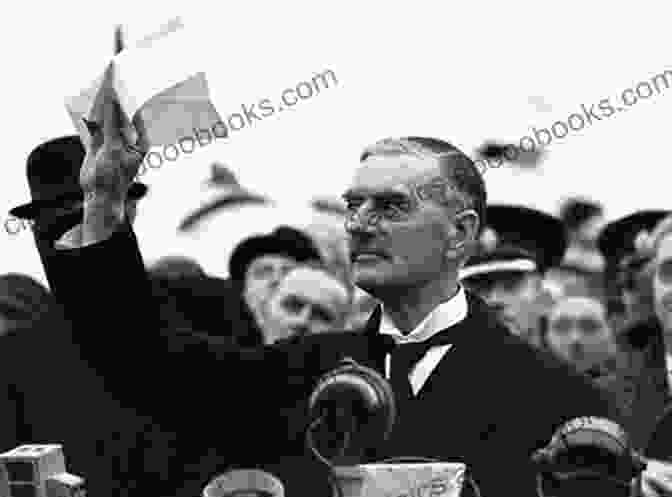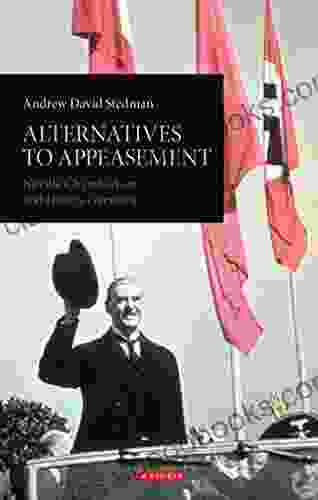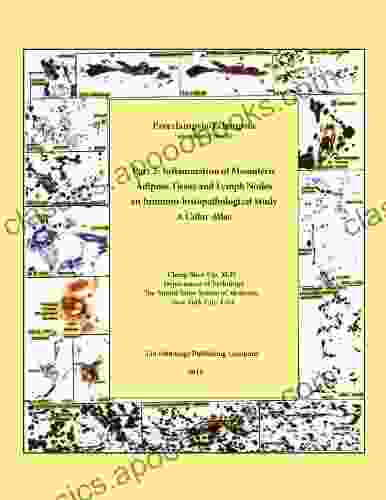As the world stood on the brink of a catastrophic conflict, Neville Chamberlain, the Prime Minister of the United Kingdom, embarked on a perilous mission to avert the looming threat of war with Nazi Germany. His diplomatic overtures toward Adolf Hitler, the Führer of the Third Reich, would forever leave an indelible mark on the course of history.
4.5 out of 5
| Language | : | English |
| File size | : | 3160 KB |
| Text-to-Speech | : | Enabled |
| Enhanced typesetting | : | Enabled |
| Word Wise | : | Enabled |
| Print length | : | 320 pages |
| Screen Reader | : | Supported |
Chamberlain's Policy of Appeasement

Guided by a fervent belief in the power of dialogue and compromise, Chamberlain pursued a policy of appeasement. He sought to placate Hitler's aggressive intentions by making concessions and avoiding direct confrontation. This strategy stemmed from the widespread fear in Britain and France of another devastating war following the horrors of World War I.
The Munich Agreement

Chamberlain's most significant diplomatic initiative was the Munich Agreement of 1938. Faced with Hitler's demands for the annexation of the Sudetenland, a region of Czechoslovakia inhabited by ethnic Germans, Chamberlain played the role of mediator. The resulting agreement, brokered with France and Italy, granted Hitler his territorial ambitions in exchange for a promise of peace.
Hitler's True Intentions

However, Hitler's intentions were far from honorable. The Munich Agreement merely served as a stepping stone in his grand plan for German expansion. Within months, he occupied the rest of Czechoslovakia and turned his sights on Poland. Chamberlain's policy of appeasement had proven disastrously ineffective, emboldening Hitler and failing to prevent the outbreak of war.
The Legacy of Neville Chamberlain
Neville Chamberlain's legacy remains a subject of intense historical debate. Some historians argue that his diplomatic efforts, although ultimately unsuccessful, provided Britain with valuable time to prepare for war. Others maintain that his policy of appeasement was a grave error that made war inevitable. Nonetheless, Chamberlain's role as a central figure in the events leading up to World War II is undeniable.
The relationship between Neville Chamberlain and Hitler's Germany is a complex and fascinating chapter in modern history. It highlights the challenges of diplomacy in the face of aggression and the devastating consequences that can arise from misjudgments and failed attempts at appeasement. By examining this period in detail, we gain valuable insights into the intricate dynamics of international relations and the enduring legacy of Neville Chamberlain.


























































































